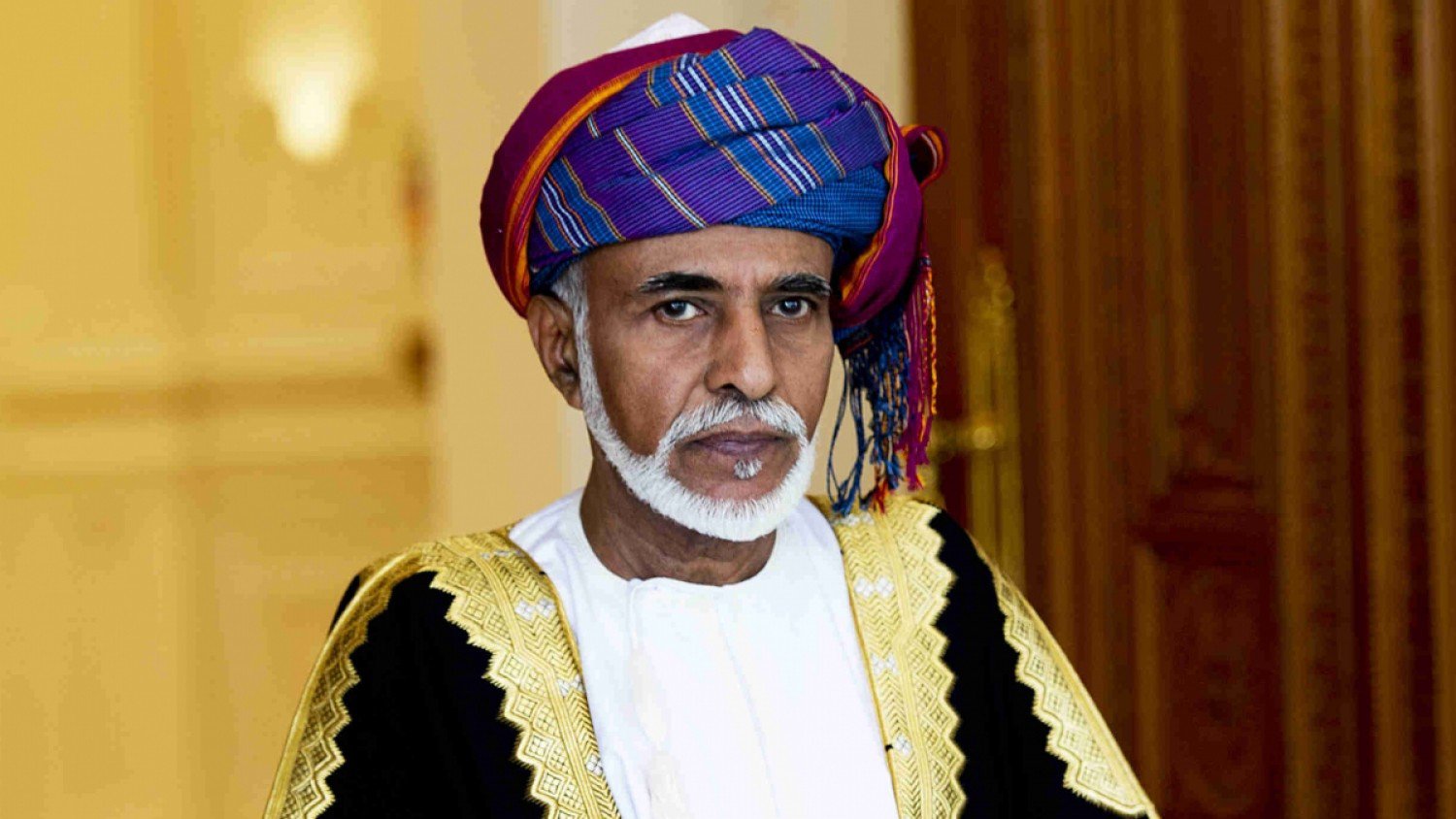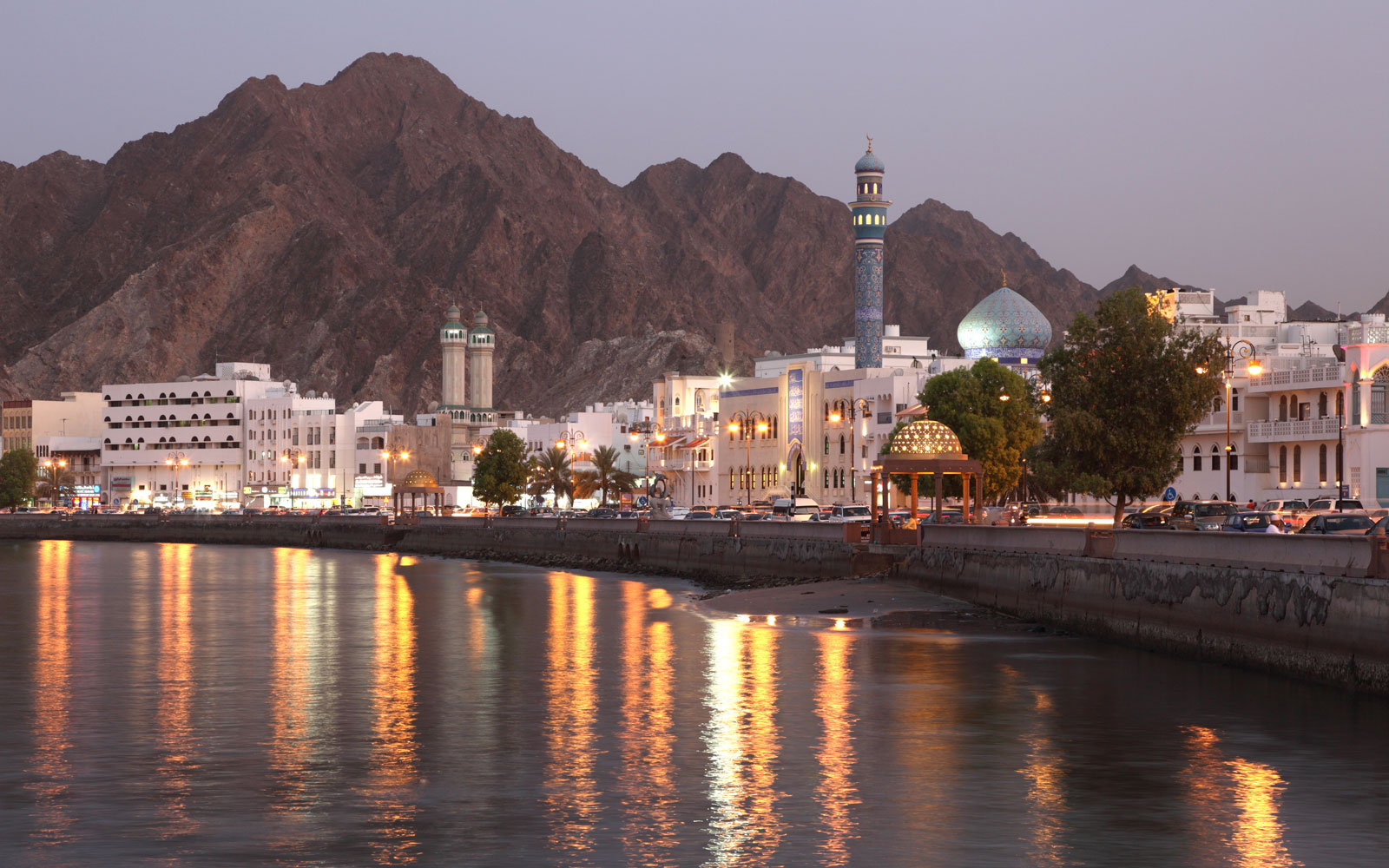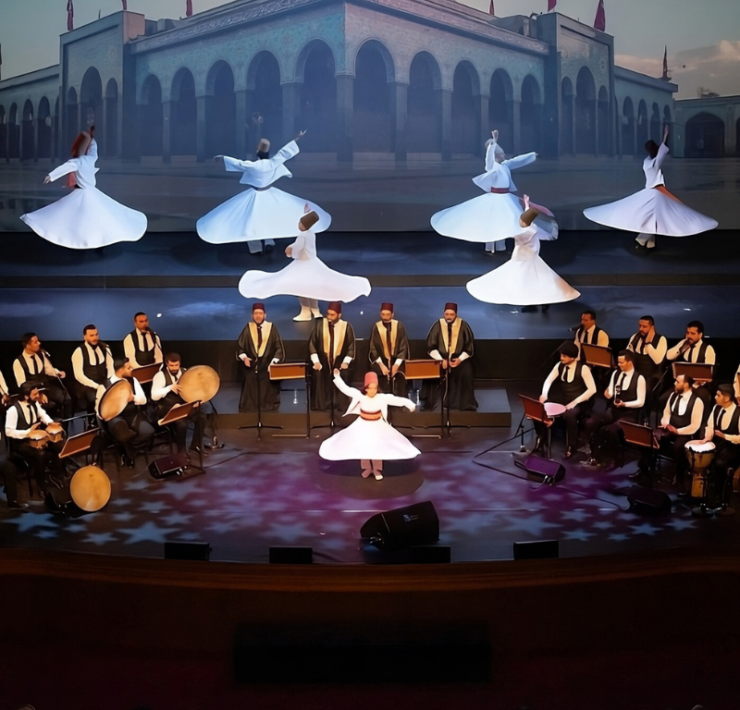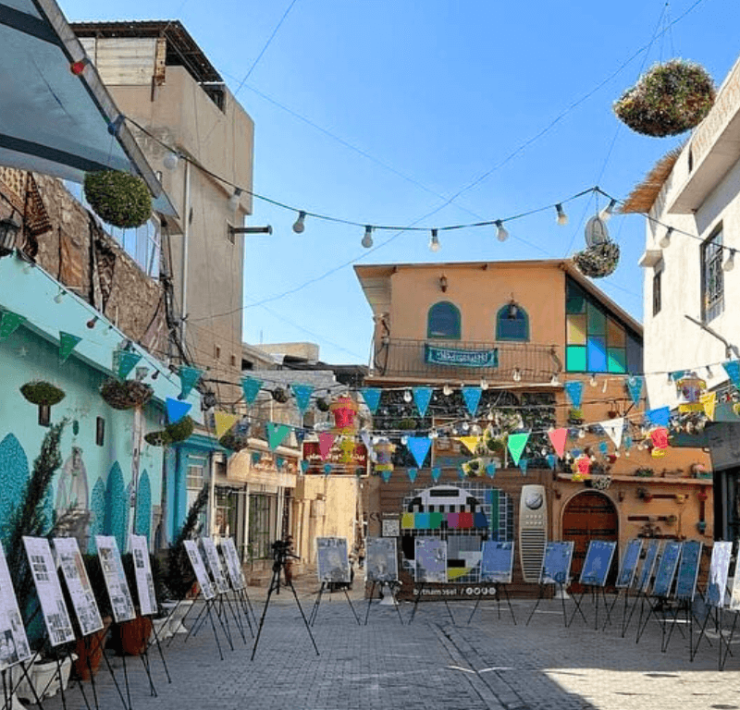Oman hit the headlines recently after the passing of the country’s ruler of 49 years, Sultan Qaboos Al Said, in January 2020. A star-studded line-up of royals and heads of state from around the globe flew to the Sultanate to pay their respects, including UK Prime Minister Boris Johnson and Prince Charles, Palestinian President Mahmoud Abbas and Iranian Foreign Minister Javad Zarif.
 The late Sultan Qaboos bin Said Al Said who ruled Oman from 1970 until his death in 2020
The late Sultan Qaboos bin Said Al Said who ruled Oman from 1970 until his death in 2020
Oman occupies a quiet corner of the Arabian Peninsula about which many people know very little (in fact, I wonder how many people had to Google Oman for the first time back in January when the news about the Sultan broke…). But the Sultanate is actually incredibly important to regional and global politics.
Don’t miss: 5 things you need to know about Oman’s new Sultan, Haitham bin Tariq
Strategically located at the entryway to the Persian Gulf across the water from Iran, Oman is the gatekeeper of the narrow Straits of Hormuz, through which a third of the world’s sea-borne oil passes every day. Sultan Qaboos was also famous for crafting an impressively neutral foreign policy over the years, forging a role for Oman as the region’s go-to political mediator. Despite being a member of the GCC and a neighbour to Saudi Arabia, Oman has been able to maintain a cordial and cooperative relationship with Iran – in fact, it was Oman that laid the groundwork for the historic 2015 nuclear deal between Islamic Republic and the USA.
 Muttrah Corniche, Muscat (image: Britannica)
Muttrah Corniche, Muscat (image: Britannica)
The Sultanate is also a popular, up-and-coming destination for travellers, with its stunning natural beauty and inimitable geographical diversity making it perfect for adventure tourism and luxury boutique resorts. Its rich culture and the generous hospitality of the local people are also a key draw for travellers from around the world.
Planning a trip to Oman? Here’s an itinerary of things to do in Muscat
The following three books constitute an essential reading list for anyone with an interest in Oman – whether academic, professional or otherwise. They include both non-fiction and fiction books covering useful information about the country’s fascinating history, complex politics, and the ever-evolving cultural dynamics that make the Sultanate so special.
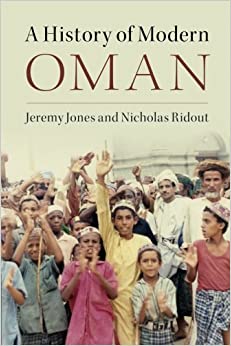 This book offers the most comprehensive study of Omani history available in English, covering the period from the 18th century to the present. The book takes a deep dive into the foundations of modern Oman, from the time of Empire and the Omani colony in Zanzibar, through the formative years of the Sultanate, to the present day.
This book offers the most comprehensive study of Omani history available in English, covering the period from the 18th century to the present. The book takes a deep dive into the foundations of modern Oman, from the time of Empire and the Omani colony in Zanzibar, through the formative years of the Sultanate, to the present day.
The book examines key topics including the history of the ruling Abusaidi tribe, the role of the British during the colonial era, the role of Islam in Omani society and Omani’s unique sectarian makeup, and the changes that occurred in the country as a result of the discovery of oil. It also highlights the unique character of the government of Sultan Qaboos, particularly with regard to his diplomatic efforts and foreign policy.
Top pick for: history
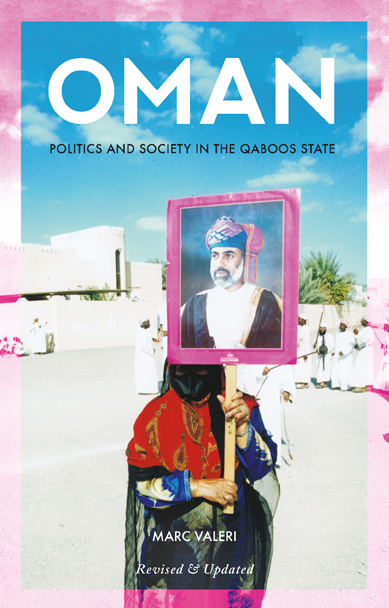 This book, written by academic Marc Valeri, takes a critical look at the internal politics of the Sultanate since 1970, when Qaboos rose to power in a bloodless coup that ousted his father from the throne. It explores the dynamics of the internal conflicts he fought in the years after assuming leadership of the country, and how he reconciled Omanis and built the modern state from the ground up.
This book, written by academic Marc Valeri, takes a critical look at the internal politics of the Sultanate since 1970, when Qaboos rose to power in a bloodless coup that ousted his father from the throne. It explores the dynamics of the internal conflicts he fought in the years after assuming leadership of the country, and how he reconciled Omanis and built the modern state from the ground up.
This book is impressive in its detail, although it is at times critical of the government and Sultan Qaboos. It examines the intricacies of the Omani political system including the social contract between the government and the people, the role of oil in Oman’s political economy, and the importance of national identity in maintaining stability. It ends with a look at the Arab Spring protests which reached Oman in 2011, critically analysing the government’s response.
Top pick for: politics
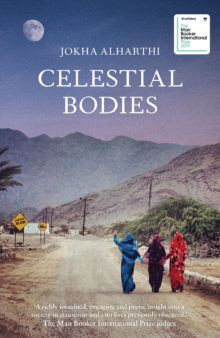 This important fictional work by Omani author Jokha al-Harthi was the winner of the Manbooker Prize in 2019. Al-Harthi was the first Gulf writer to win the award, and the first female Omani author to have her work translated into English.
This important fictional work by Omani author Jokha al-Harthi was the winner of the Manbooker Prize in 2019. Al-Harthi was the first Gulf writer to win the award, and the first female Omani author to have her work translated into English.
Celestial Bodies, the Arabic title of which translates to ‘Women of the Moon’, consists of the interwoven stories of a village community in rural Oman. The characters are almost like a microcosm of Omani society, and their stories provide a fascinating insight into how the economic and social transformation of the country since 1970 has been felt by the various generations of Omani society.
The story is slightly confusing at times and jumps around a lot between different characters’ narratives. However, even if this doesn’t sound like your kind of novel, anyone with an interest in Omani culture will find fascinating and unique insights that will help them better understand modern Oman.
Top pick for: culture
If you found this useful you might also like:
READING LIST: 10 books to help you understand Yemen
From Rocks to Agriculture: The ingenuity of the Omani Aflaj system
The Omani fitness instructor challenging culture through handstands
Cover image: iflymagazine.com


